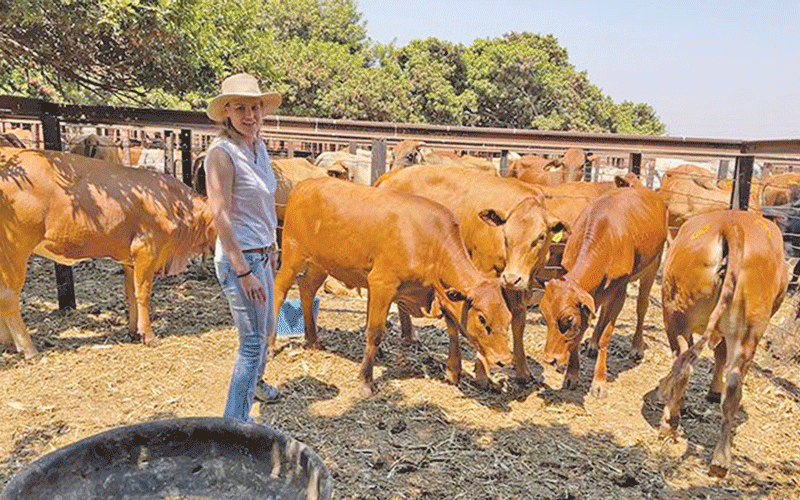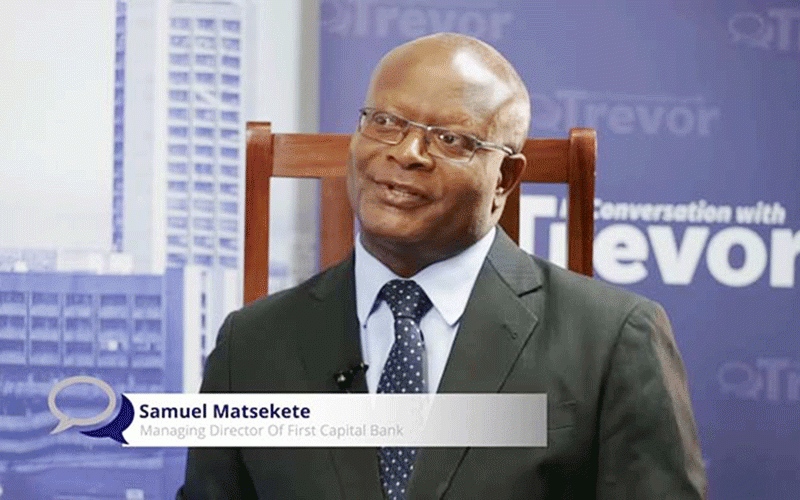EcoCash – the country’s leading financial technology platform – has introduced EcoPay, a new online payment system that allows organisations to make instant payments to over 100 000 beneficiaries all at once.
The new platform enables companies and organizations to pay salaries to their employees, disburse pensions to pensioners, pay farmers for agricultural produce and distribute relief funds among communities, using a secure, fast and transparent payment processing platform.
Speaking at the launch event in Harare on Tuesday, an EcoCash commercial executive, Gilbert Tsongorera, said EcoPay’s use cases spurn across multiple sectors.
“EcoPay is tailor made to meet the payment needs of a diverse range of organizations, from corporate entities to non-governmental organisations (NGOs) as well as those in the agricultural sector. It offers a fast and seamless solution for handling large-scale disbursements with enhanced control, efficiency and great transparency,” Tsongorera said.
“It helps organizations process payments securely and promptly, ensuring better financial management,” he added.
The launch of EcoPay comes at a time when businesses, NGOs and government departments are increasingly relying on digital technology to improve operational efficiency and achieve scale in their operations. The platform's advanced, web-based interface enables organizations to streamline their bulk payment processes, eliminating the need for manual interventions.
Keep Reading
- Young vocalist making southern Africa dance
- Letter from America: Visiting with the saints in Masvingo
- Police admit that money changers are untouchable
- EcoCash unveils ‘request money’ service
“This not only speeds up disbursements but also enhances transparency, making it easier for organizations to initiate, approve and track payments through a user-friendly interface,” Tsongorera said.
EcoPay comes with a suite of advanced features, including the ability for users to view their account balances instantly, and so help them make timely cashflow and expenditure decisions.
In addition to generating comprehensive reports that give organisations clear insights into their payment transactions, EcoPay also eliminates errors and validates EcoCash numbers while making payments.
“The platform has user-friendly informative dashboards that offer real-time updates and business analytics, making it easier for organizations to track and manage their payments,” he said.
A major highlight of EcoPay is its self-service capabilities, which allow organizations to upload documents, generate reports and track payments progress independently. This self-service feature is especially useful for organizations seeking to reduce their dependence on external assistance, thereby improving operational efficiency.
“EcoPay’s self-service approach gives organizations greater autonomy,” Tsongorera explained.
“Corporates, government departments, NGOs and even farmers can now upload payment instructions, generate real-time reports, and track disbursements on their own. This not only enhances operational control but also boosts productivity across various sectors,” he said.





